I don’t know about you, Pandas, but cool facts are like Pringles to me: once you have one, then you want another, and soon enough you just can’t stop yourself from having more and more. And I’m not the only one with an appetite for learning new things!
A whopping 1.2 million people follow the ‘Weird Facts’ Instagram page and they can’t get enough of the tantalizing trivia it shares on their social media feeds. We’ve collected some of the most interesting history and science facts shared by the page for you to enjoy as well, dear Readers, so have a scroll down and upvote the ones that you found interesting and surprising.
Did any of these facts change how you view the world? Did you by any chance know every single fact in this article? Do you have any cool trivia to share with all the other Pandas? You can share your thoughts, feelings, and opinions in the comment section. Ready to learn some awesome stuff? Let’s go!
#1
#2
#3
The ‘Weird Facts’ Instagram project eventually grew so large that its founder decided to branch out and create a trivia learning app. There are over 900 random, interesting, and genuine facts that you can learn and then wow your friends and family over dinner with. Some trivia might sound strange, true, but it’s all been double and triple-checked by ‘Weird Facts.’
Bored Panda has analyzed the topics of media literacy and how we can distinguish between true and false facts in quite a lot of detail before. Last week, I spoke to Steven Wooding, who is a member of the Institute of Physics in the United Kingdom, who elaborated on what kind of mindset a true, curious, impartial scientist ought to have.
“Scientists have to be curious about how the world works and persistent in their work, as it may take years for it to pay off. Creativity to imagine what might be possible and attention to detail to gain knowledge are also very important,” Steven told Bored Panda during an interview.
#4
#5
#6
“We have to be open-minded to new facts and let data guide the way, rather than just what we think. On the other hand, we should also be critical of data. One experiment doesn’t make a fact. A fact comes from experiments that can be repeated and verified many times over.”
According to the researcher, the advent of internet newsfeeds and platforms like TikTok and Twitter has shortened our attention spans. As a result, we tend to have a lower tolerance for long-form content that requires more focus and energy from us.
#7
#8
#9
“If you feel you are time-pressured, it’s probably only natural that you don’t want to invest a chunk of time on one article but instead scan the headlines to get lots of little bits of information. I have certainly noticed myself being less likely to read a long article unless it’s something that genuinely interests me,” he said that on the one hand, we’re saving time, but on the other hand, we’re staying at a very superficial level of information.
“The negative impact is that we won’t reach a deeper level of understanding of something and end up missing out. This is ironic, as people today rush around trying not to miss out on things,” Steven told Bored Panda.
#10
#11
#12
“It’s essential to have a growth mindset and realize that you probably know very little. We can only gain more profound knowledge of the world by investing time in exploring it. This issue goes back to short attention spans, which gives us a broad, but shallow spread of knowledge. Take the time to read a book on a subject, and you are bound to learn more,” the expert gave some advice, urging everyone to build their patience for content that isn’t just bite-sized.
#13
#14
#15
Meanwhile, entertainment and pop culture expert Mike Sington from Hollywood explained to me that there’s a broad range of red flags we have to look out for that might indicate that a fact or a source might be unreliable.
“Red flags to watch out for that a claim may be fake: it’s outlandish, it’s too good to be true, you haven’t seen the claim anywhere else, you’ve never heard the source, the source isn’t reputable, you can’t find two other sources making the same claim, your gut tells you, ‘this can’t be true,'” Mike told shared with Bored Panda.
#16
#17
#18
“The rise of social media has decreased the reliability of information because misinformation can spread so quickly before it can be corrected,” the expert said that one basic thing we can do to check the reliability of a fact is… to start off with a simple and humble Google search. We should be on the lookout for additional sourcing and evidence. If we can’t find anything, we should remain skeptical.
“Do this and think before reposting or you may be contributing to the problem. Amplification doesn’t make a claim true or accurate,” he said.
#19
#20
#21
Mike said that sources like Associated Press, Reuters, and The New York Times can be considered to be trustworthy. “They employ fact-checkers and editors that ensure the information they post is correct. They’re basically doing the research and homework for you. There are literally too many online sources to list that can’t be trusted and should be avoided. Anyone can basically post anything they want… proceed with caution,” he told Bored Panda.
“Our attention spans have been reduced to mere seconds at a time because that’s the way information and entertainment is fed to us now. People get tiny bite-sized bits of news by scrolling a Twitter feed, they entertain themselves by scrolling quickly through Instagram and TikTok. It’s creating a habit that doesn’t have to be,” he said.
#22
#23
#24
“The good news is there’s plenty of long-form entertainment and news available, you just have to seek it out. I believe the benefit is worth it. I’ve discovered it improves your ability to focus, it’s more calming, you retain more information, and it gives you a more balanced and nuanced view of the world.”

















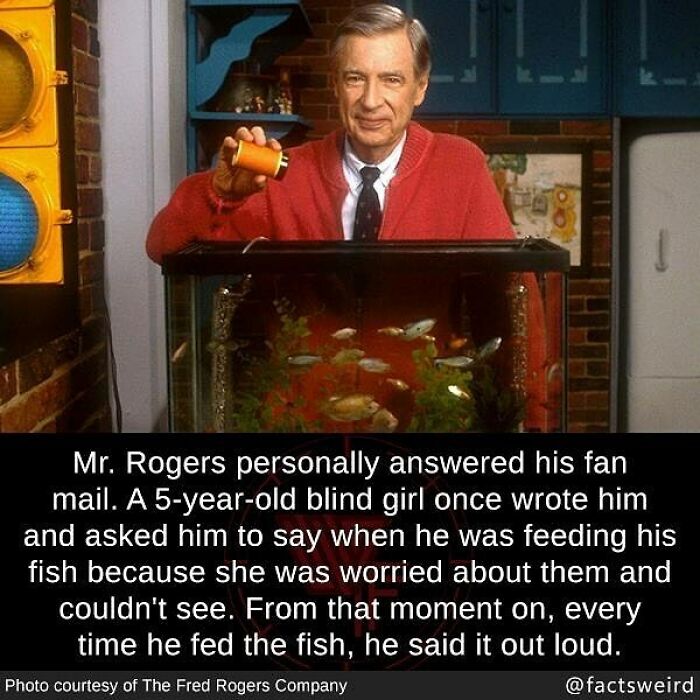


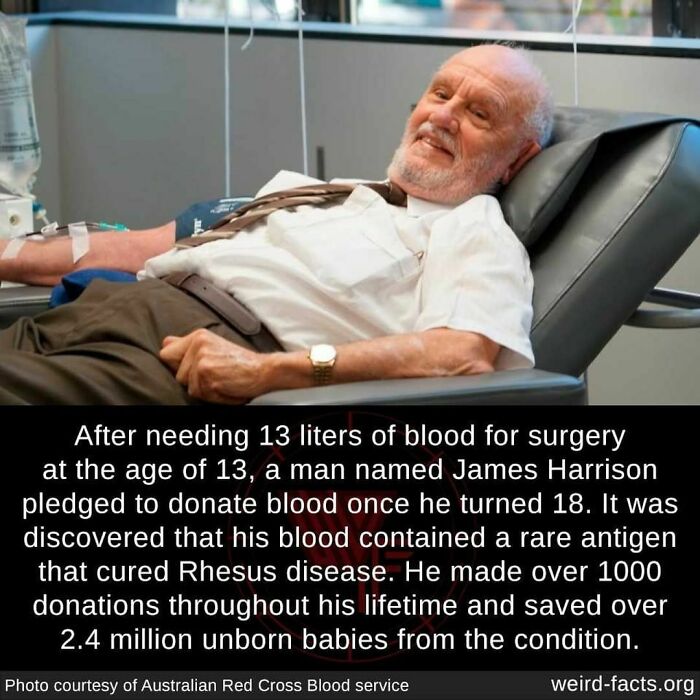



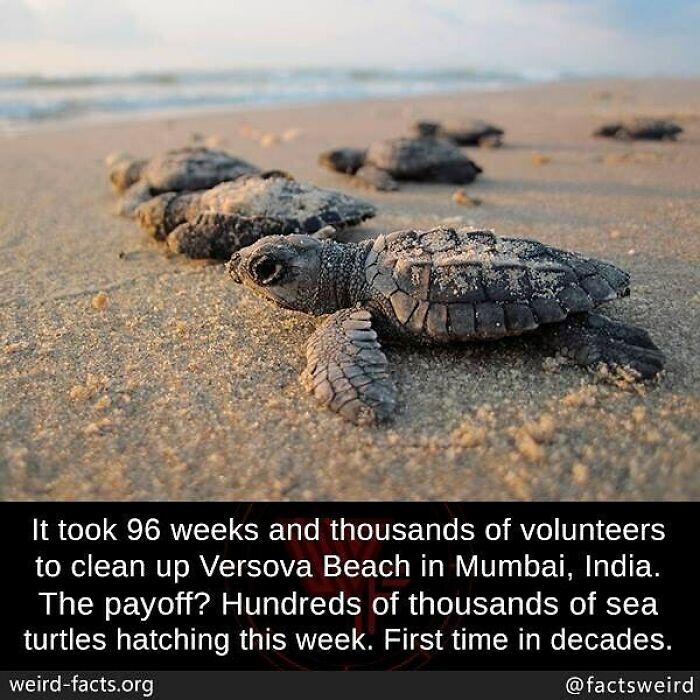






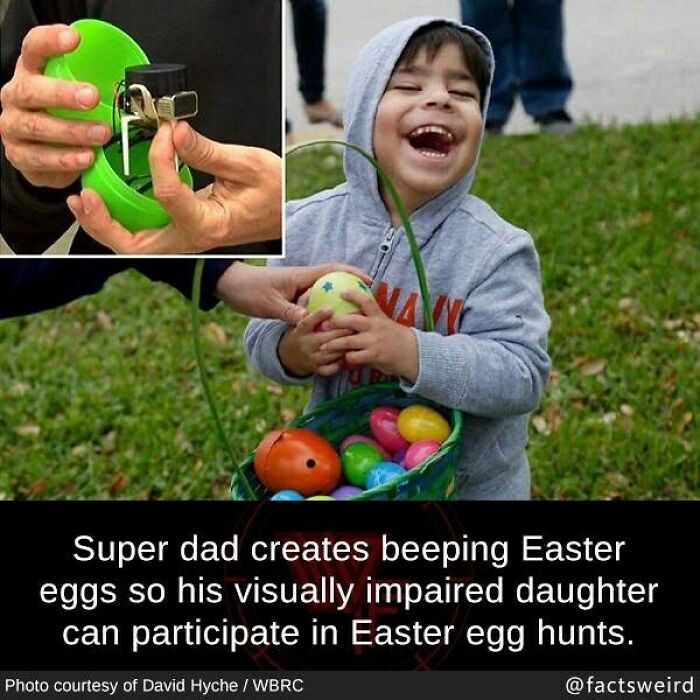



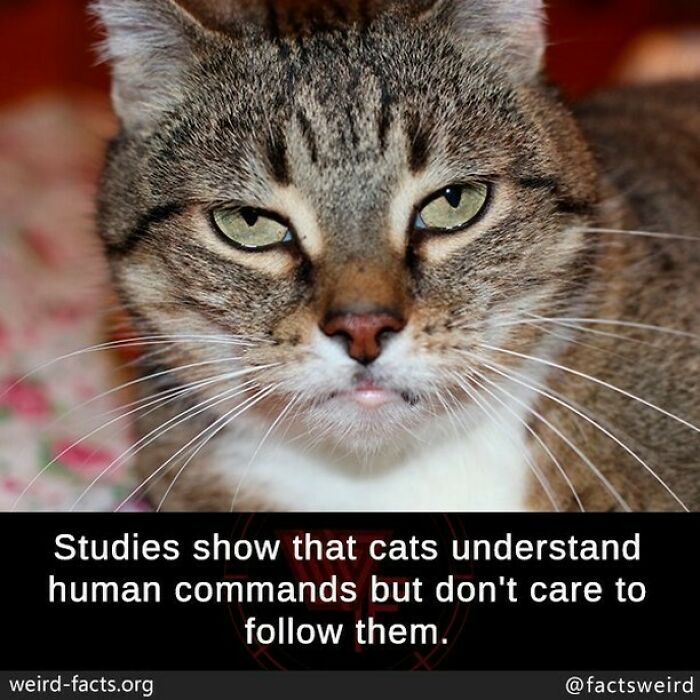
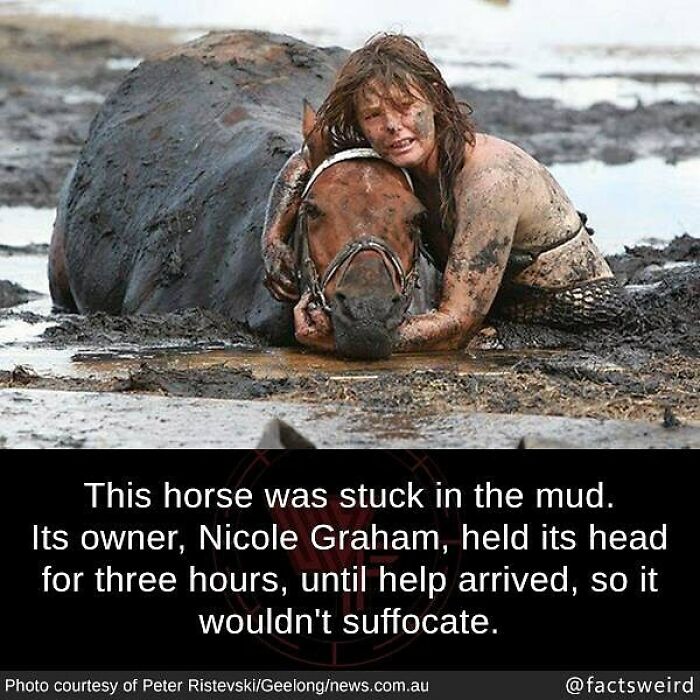






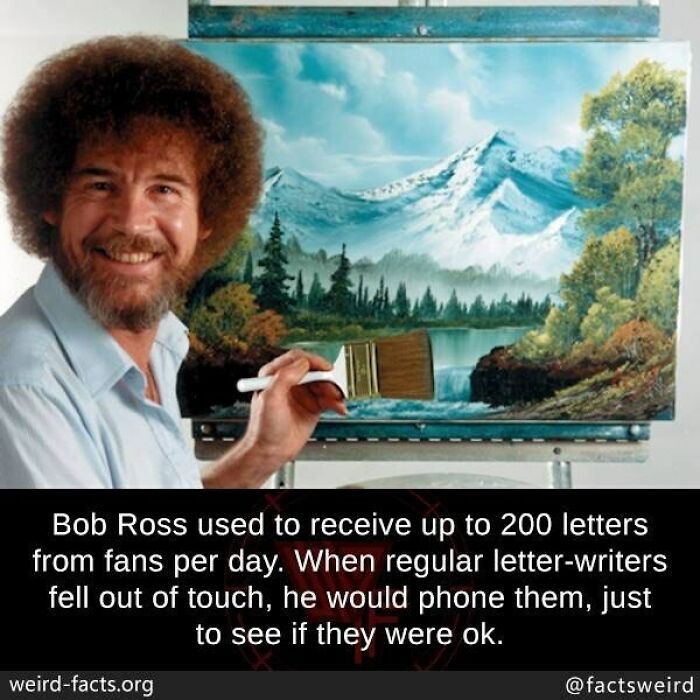



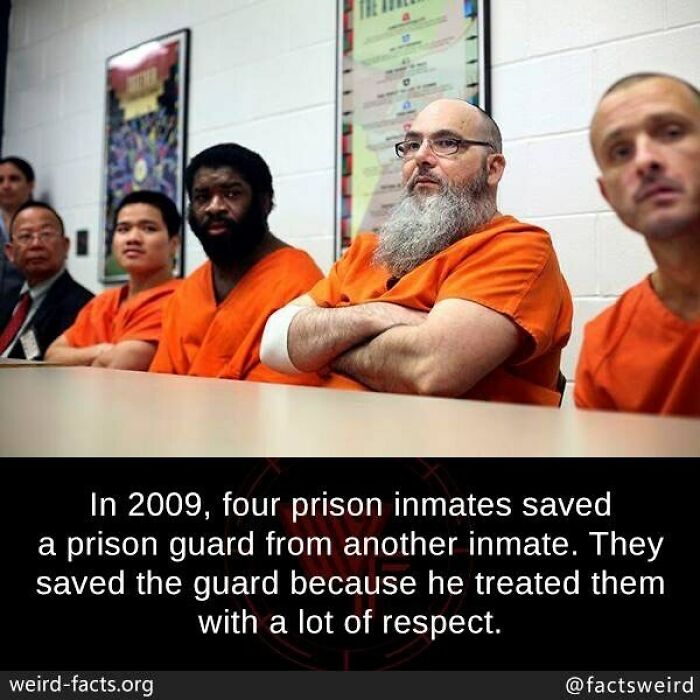
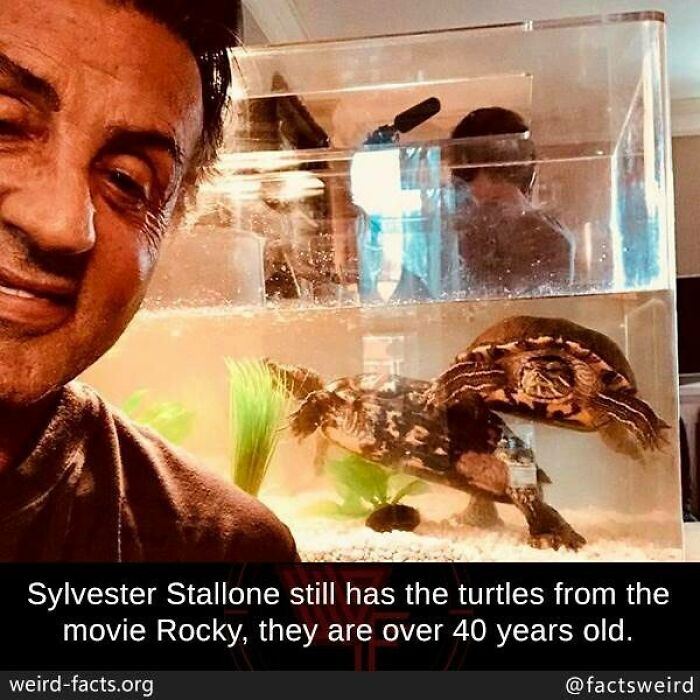







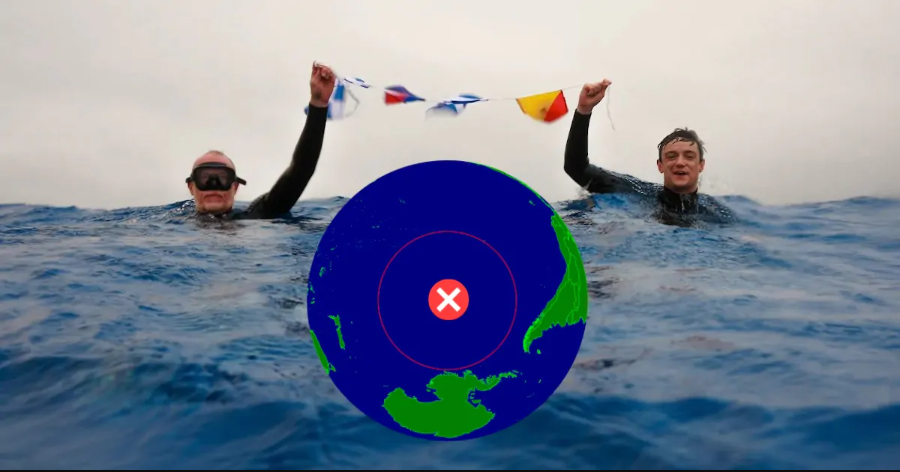

 Photographer Finds Locations Of 1960s Postcards To See How They Look Today, And The Difference Is Unbelievable
Photographer Finds Locations Of 1960s Postcards To See How They Look Today, And The Difference Is Unbelievable  Hij zet 3 IKEA kastjes tegen elkaar aan en maakt dit voor zijn vrouw…Wat een gaaf resultaat!!
Hij zet 3 IKEA kastjes tegen elkaar aan en maakt dit voor zijn vrouw…Wat een gaaf resultaat!!  Scientists Discover 512-Year-Old Shark, Which Would Be The Oldest Living Vertebrate On The Planet
Scientists Discover 512-Year-Old Shark, Which Would Be The Oldest Living Vertebrate On The Planet  Hus til salg er kun 22 kvadratmeter – men vent til du ser det indvendigt
Hus til salg er kun 22 kvadratmeter – men vent til du ser det indvendigt  Superknepet – så blir snuskiga ugnsformen som ny igen!
Superknepet – så blir snuskiga ugnsformen som ny igen!  Nearly Frozen Waves Captured On Camera By Nantucket Photographer
Nearly Frozen Waves Captured On Camera By Nantucket Photographer  Meteorite That Recently Fell in Somalia Turns Out to Contain Two Minerals Never Before Seen on Earth
Meteorite That Recently Fell in Somalia Turns Out to Contain Two Minerals Never Before Seen on Earth  It’s Official: Astronomers Have Discovered another Earth
It’s Official: Astronomers Have Discovered another Earth 
o41gv4
a8fhwp
3jy1w1
vt8xoi
rocoy3
565ye9